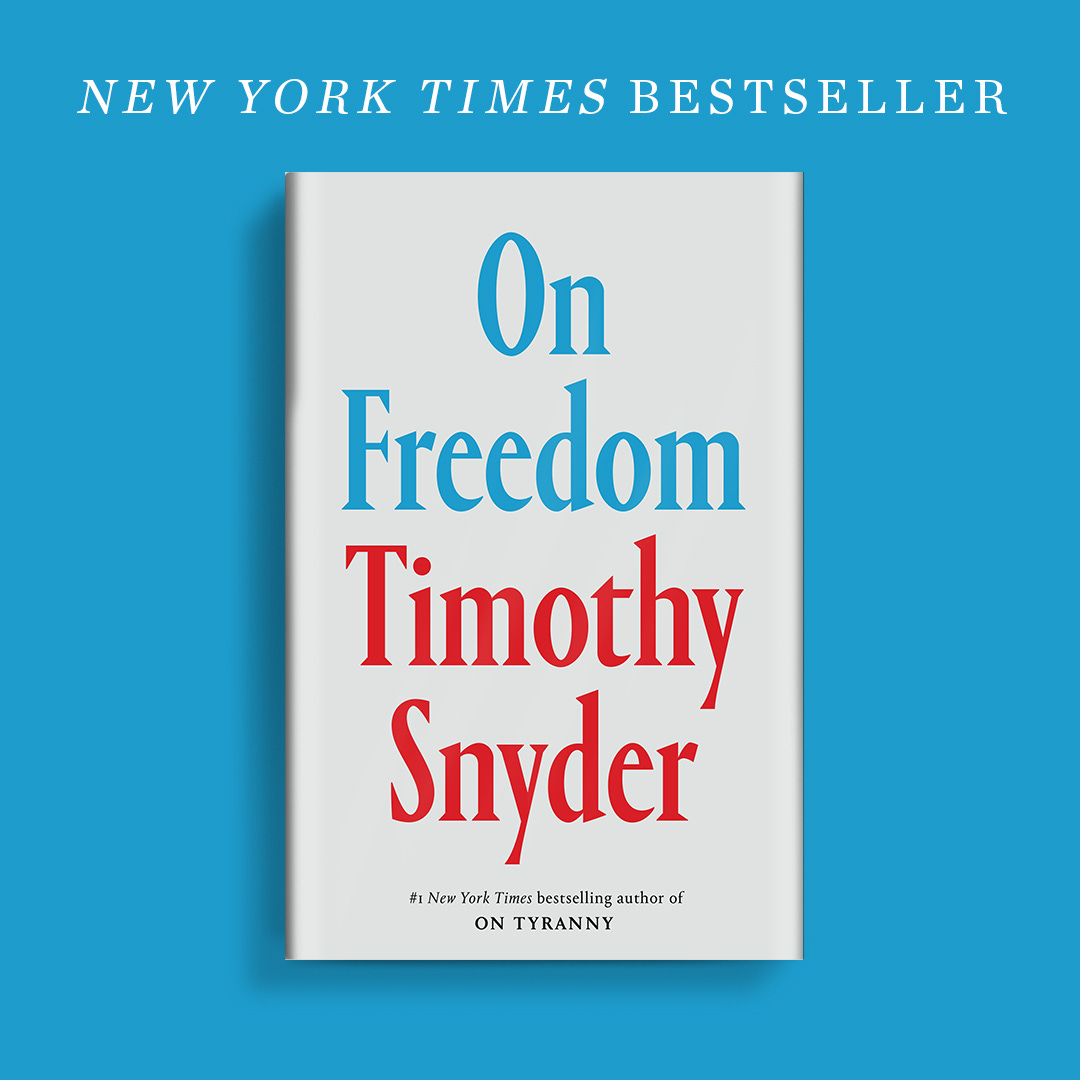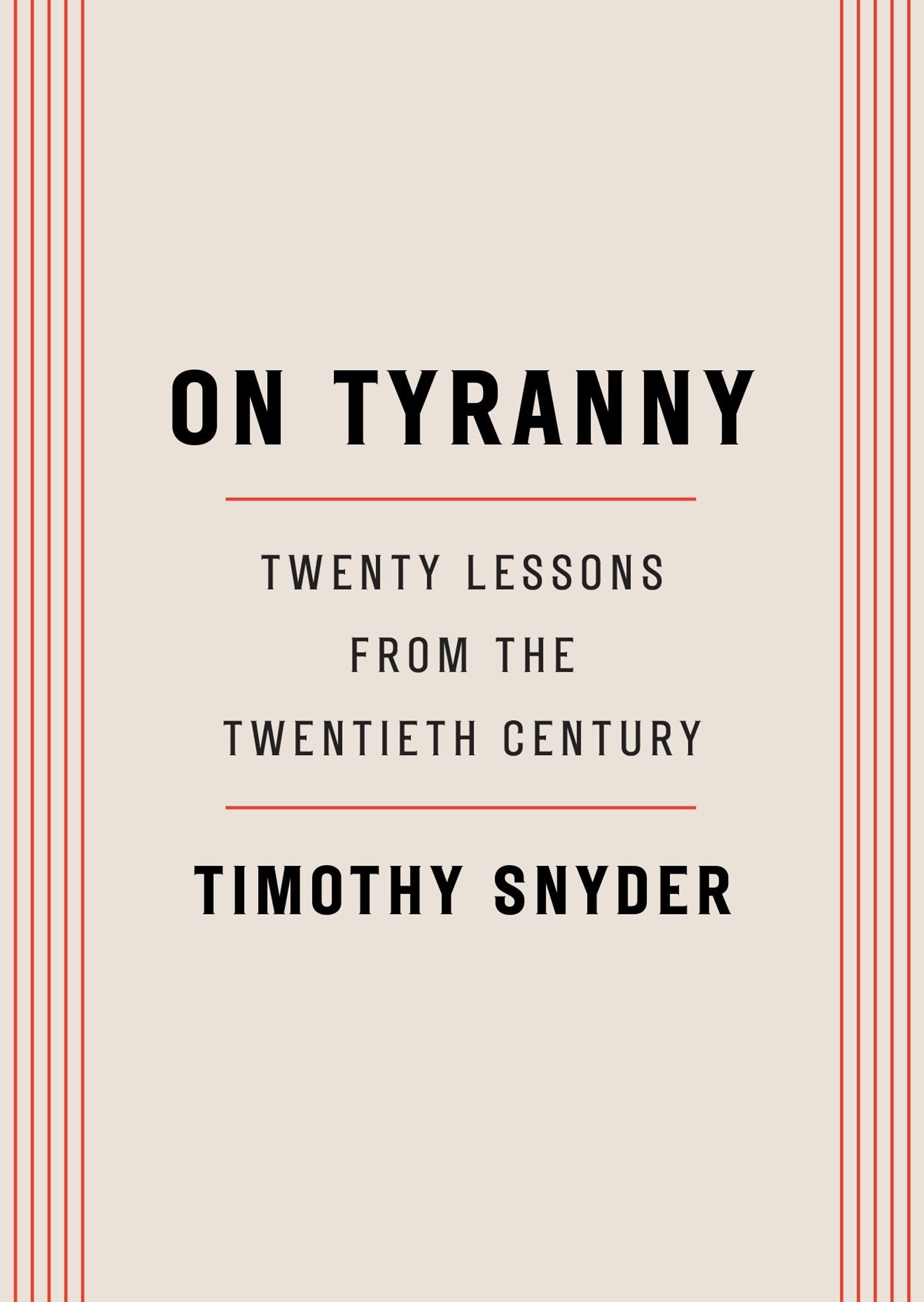The Phantom Campaign
Digital Oligarchy vs. the Democratic Future
I remember distinctly when the phantom Kamala ad hit me. It drew me in with a photo of Vice-President Harris and a positive and appealing summary of her policies. And then the ad exposed me, in the same cheerful tone, to a policy that I would not like -- and which the candidate did not in fact advocate.
The neurons crackled, the emotions whiplashed. I don't like that!
But, after a moment, there was also recognition, even déjà vu. This was digital demotivation, something that I have seen and studied in other settings. I was supposed to be driven towards indifference, towards not doing anything, towards not voting. I was being nudged by a phantom.
The manipulation called me back to a decade ago, when this sort of thing broke into the internet for the first time. Social media was new, and Russia had just invaded Ukraine for the first time. The Russians were able to shape the debate over their invasion by a clever new tactic: targeting people with demotivating lies through social media.
It was back then, in early 2014, that Russians started with contradictory ideas. To people with left-wing ideas, they spread the idea that Ukrainians were somehow Nazis. To people with right-wing ideas, they spread the idea that Ukraine was the forefront of a gay takeover of civilization. To antisemities they spread the idea that Ukraine was not a real country but instead just an outpost of the international Jewish conspiracy.
This worked. The targeted propaganda was so successful that people, in general, did not even process that Russia had invaded Ukraine in February 2014. Ukraine's possible allies were demotivated. The Kremlin succeeded in displacing an external reality from which we might learn -- a Ukrainian state invaded by a Russian army -- with our own emotions, which took up all the space. Rather than learning about Ukraine, people in the West argued with one another. Some Westerners effectively joined in the Russian disinformation campaign. People who are duped generally treat the information that has fooled them as true, because this is less costly psychologically than admitting an error.
This failure made the second Russian attack on Ukraine, the full-scale invasion of 2024, more likely. Russia persists in promoting the same themes about Ukraine to the same audiences. This no longer works as well as it did a decade ago, but it still shapes the debate about Ukraine. But it also demonstrated a general possibility for bad actors everywhere. Someone with enough money (in this case Putin) could taken advantage of data about individual political commitments to spread demotivating lies -- and get meaningful results.
A phantom political force was born: oligarchical money + psychographic information about individuals + social media delivery system + demotivational message.
The same Russian team applied the same methods to the 2016 American presidential election (for detail and sources see Road to Unfreedom). This time the target was Hillary Clinton. Once again, the Russians had data about individual voters as well as the kinds of media they were likely to read. They sent the same sorts of contradictory messages. Pointing out the contradictions, as with Ukraine, did not matter, because the messages were targeted to different people. Blacks were told, for example, that Hillary Clinton was a racist. The idea was to depress the African-American vote. Moderates, meanwhile, were told that Hillary loved Black criminals.
Again we saw the phantom combination oligarchical money + psychographic information about individuals + social media delivery system + demotivational message. This phantom worked. Along with other Russian interventions, it might very well have cost Hillary Clinton the election. This was the conclusion of the leading scholar of presidential communications.
This recent history can help us to understand what has just happened in our most recent presidential election. Now, thanks to some important reporting in the Washington Post by Michael Scherer and Josh Dawsey, we know that the same techniques were refined and applied on behalf of Trump and against Harris. This time the oligarch was Elon Musk, and this time the demotivational messages were deceptive to an even higher degree: they were presented as Harris campaign ads.
People who supported Harris were drawn in and then put off; people who did not support Harris were deliberately given the sense that they were seeing something they were not meant to see, that they were being given a glimpse of the campaign ads of the other side -- when, in fact, they were being targeted themselves. To some audiences, Harris was presented as too pro-Israel, to others as too pro-Palestinian. (Like Ukraine for the last ten years, Harris was portrayed simultaneously as too Jewish and anti-Jewish). The degree of precision was extraordinary: white men in the Midwest were told that Harris was going to take away their Zyn nicotine pouches, whereas Black people in North Carolina were told that she was coming for their menthol cigarettes.
"The entire goal of the campaign was to push her numbers down," as a top Trump advisor said. This was achieved by the familiar phantom combination: oligarchical money + psychographic information about individuals + social media delivery system + demotivational message.
And the phantom messaging was an element in a larger informational campaign. In addition to funding the phantom campaign, Musk also turned his entire social media platform against Harris and towards Trump, months before the election. This is obviously unfair: imagine if every time a Trump yard sign appeared on a yard, a billionaire appeared and added five more; and every time a Harris yard sign appeared, a billionaire appeared and snatched it away. That is essentially what happened on Twitter, by design. The pro-Trump voices were given more exposure, and the pro-Harris ones were suppressed, on a huge scale, for five months before the election.
The phantom is out in the world now, and has to be seen for what it is. And so Elon Musk wants a taboo. He seems to believe that he has a sacred right to talk to Putin and influence American elections; and everyone who qeven mentions such things should be punished. He will "nuke" such people, he says, or bring down "the hammer of justice." These threats sound like confessions. But confessions are hardly needed, given the evidence, and given that Musk is now promising to determine elections in other countries.
None of this is good news, but it should alter how we consider the aftermath.
Democrats have collapsed into arguments about what went wrong. How could she have lost? How could it be that Harris lost in states where Democrats won senatorial races? Why did she get millions fewer votes than Biden did? Why did the enthusiasm of real people in summer not seem to translate into high turnout in autumn? No doubt there are lessons to be learned. But even if the Harris-Walz campaign was perfect, Harris was also dealing with a phantom campaign, one which targeted her own voters with an untrue version of herself and her policies. The votes thus suppressed are the phantom votes, the ones that were never cast.
The phantom also accounts for some confusion in the media analysis of the election. We keep hearing that Harris's defeat had to do with her identity politics, even though her campaign was based on other themes. Racism and misogyny figure here, of course: some people can't look at a Black woman without regarding her existence as identity politics. But some of it likely has to do with the phantom campaign. The whole Trump campaign painted Harris as an extremist focused on identity issues. But even people who were beyond that target area, the moderates who end up on television, were getting the phantom messages on their phones, deceptively inviting them into the same set of associations. And then some of them repeated the association of Harris with identity politics out loud in front of millions of people, themselves becoming part of the disinformation campaign.
Trump voters should also take heed, though. The phantom has also played a trick on them. The general view in MAGA is that Musk is a hanger-on, whom Trump can dismiss at will. I think that this is an error. Musk has money, and Trump has debts. Whatever Trump wants financed, he will need Musk to do it. Musk has Twitter, and Trump has Truth Social. What would happen to Trump's image were Musk to alter the algorithms on Twitter to aid Vance? Most fundamentally: Trump has needs, and Musk has wants. Trump needs to stay in power to avoid prison and poverty; Musk just enjoys breaking things, such as the United States. Musk and Trump are together on an island of oligarchy, and one of them might well outlast the other. But it would be wrong to assume that the survivor will be Trump.
Of course, it is really all voters who should take heed. Each of us is supposed to have one vote. If an oligarch has unlimited wealth, access to data about the rest of us, and malicious intent, he can use social media to affect how millions or tens of millions of us experience the campaign, and thus affect how we end of voting -- or rather not voting. And now the oligarch, unelected, is taking power.
The ancient Greeks knew that oligarchs from various countries will always have more in common with one another than they will with people in their own country. And that one thing they have in common is the use of lies to undo democracy. There will always be international oligarchs -- Russian, South African, whatever, -- who want to do away with democracy in the real world so that they can live undisturbed in their fantasy worlds.
The phantom is an old one, bedecked in the stealthy technology of our time. The phantom needs darkness. We can get ourselves out of the phantom world, but first we need that spark of recognition that tells us where we are.





Brilliant and clear analysis. I just wish I were not true. Next step: how do we break the cycle?
“But, after a moment, there was also recognition, even déjà vu. This was digital demotivation, something that I have seen and studied in other settings. I was supposed to be driven towards indifference, towards not doing anything, towards not voting. I was being nudged by a phantom.”
Hence, the 14 million people who didn’t show up! Excellent newsletter. Bravo Tim: Mic drop!
I wasn’t buying this “identity” politics game either, because she didn’t play them. And the one thing they were able to pin on Harris was the trans surgery policy for inmates, which was a canard; Trump enacted that policy. Admittedly though, Harris flubbed her answers when asked.
However, it was clear there was some sort of social engineering in play. Malicious algorithms and the constant barrage of disinformation campaigns by Trump and foreign actors were evident, and I don’t even have a social network footprint anymore.
That said, thanks for clarifying just how enormous and massive these digital demotivating programs were, and how dangerous they are. If they can succeed in America, then imagine what Musk, Thiel and demagogues like Trump can accomplish over time anywhere on the planet. Not even Putin is safe: perhaps!..:)
And still, democrats and the democratic political pundit class are arguing about, and blaming everyone from Biden, to Hillary, to Harris’s pant suits; yet, they still cannot see the forest for the trees, and diagnose the root cause that’s staring them in the face! Good times!…:)